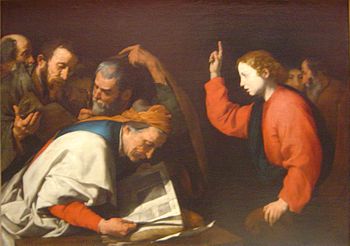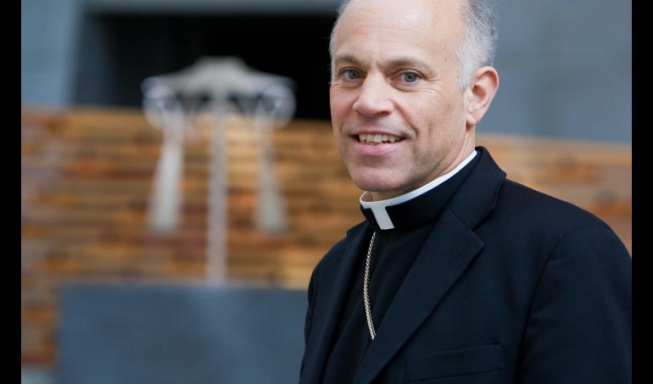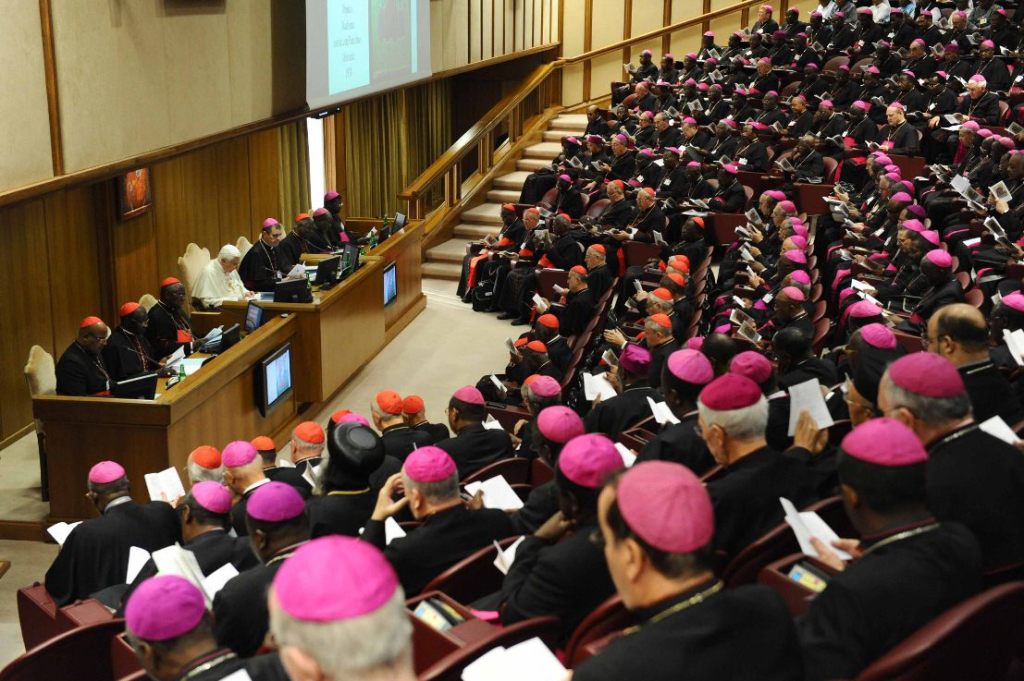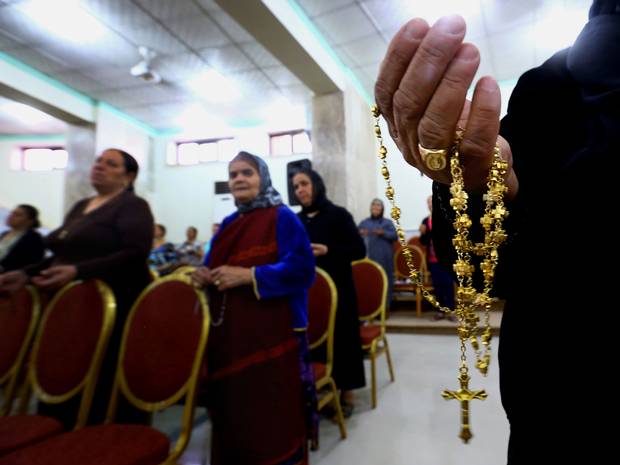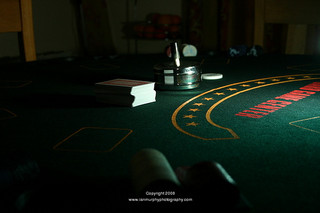Fear Not! RosaryMeds is Alive and Well
Last week I posted an article that looked like a takedown notice from the Department of Justice. It appears many of you thought the notice was real. Part of my intent of writing that article was to grab your attention and maybe even have the post go viral (which unfortunately didn’t happen). I wrote that article […]
Fear Not! RosaryMeds is Alive and Well Read More »



